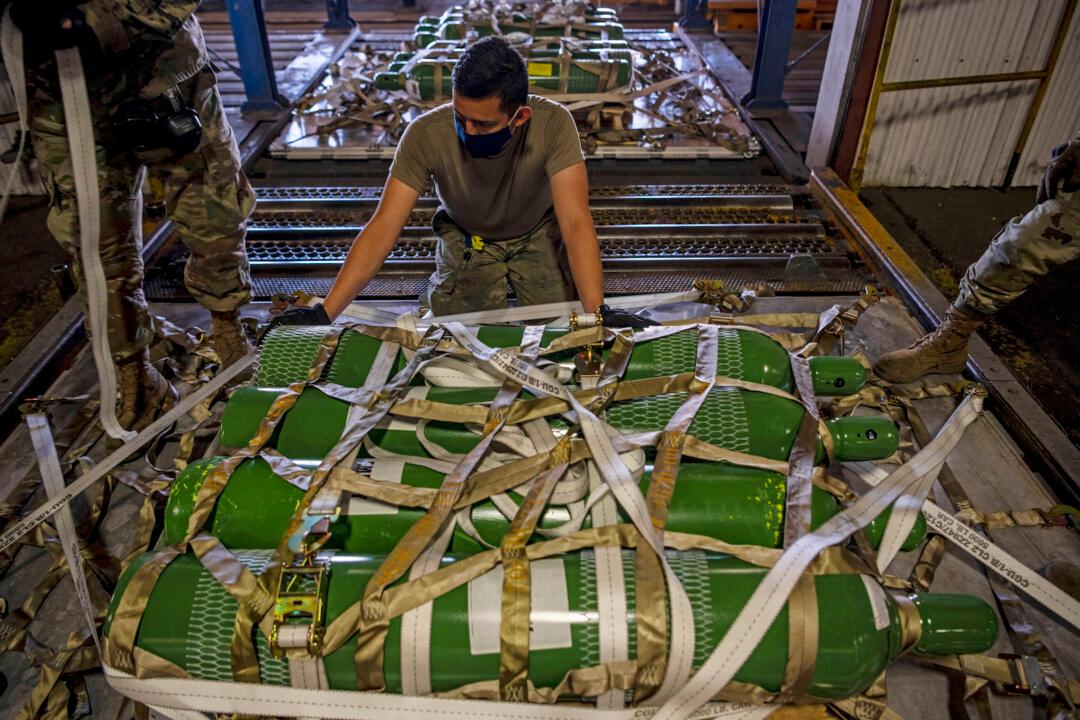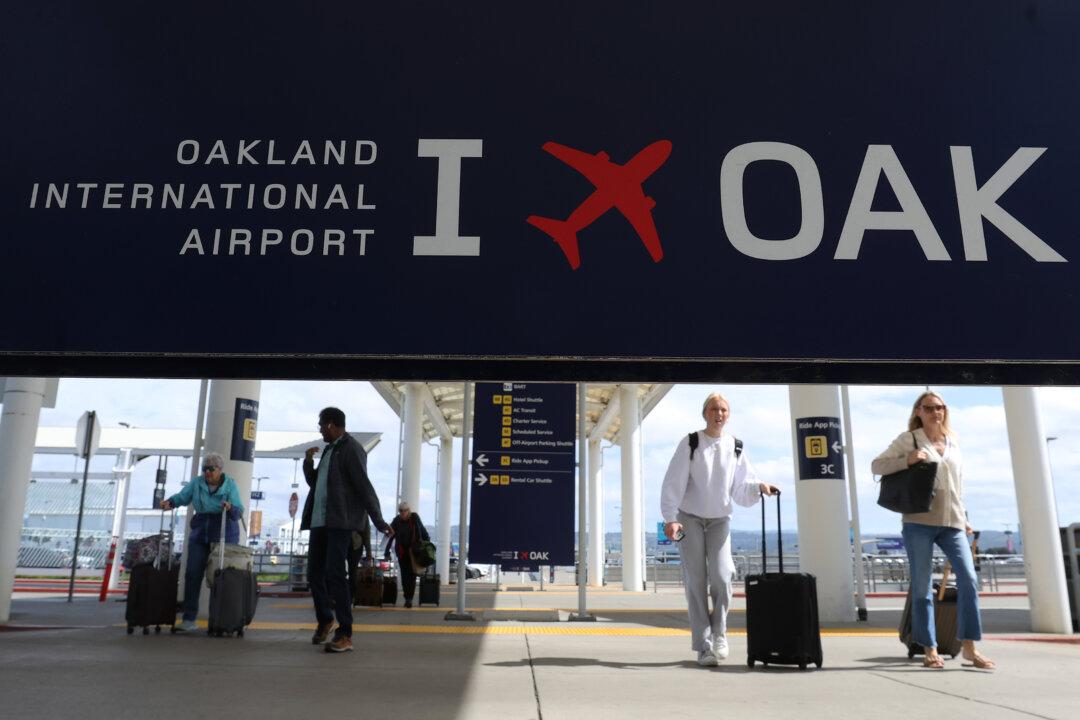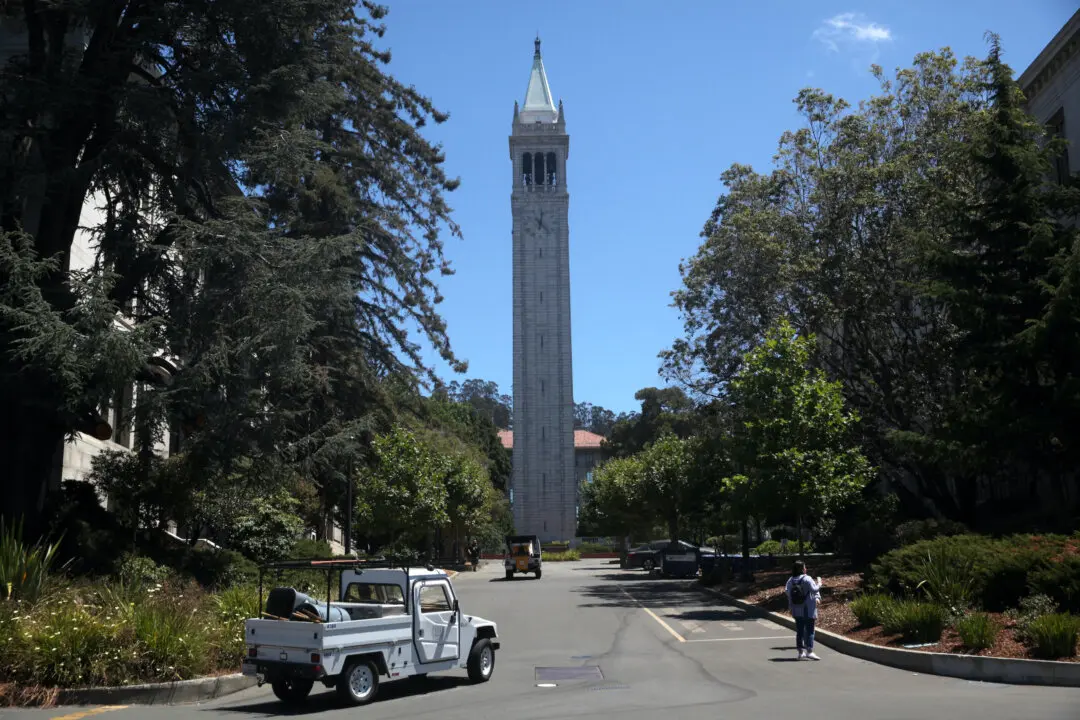SAN FRANCISCO—After $800 million worth of land near Travis Air Force Base was purchased by an entity called Flannery Associates, the U.S. Congress is imposing more guards against foreign adversary purchases of land near sensitive sites.
U.S. Rep. Mike Thompson (D-Calif.) and Rep. Mike Gallagher (R-Wis.) introduced legislation on July 12 to strengthen and expand protections around national security sites, critical infrastructure, and farmland.





